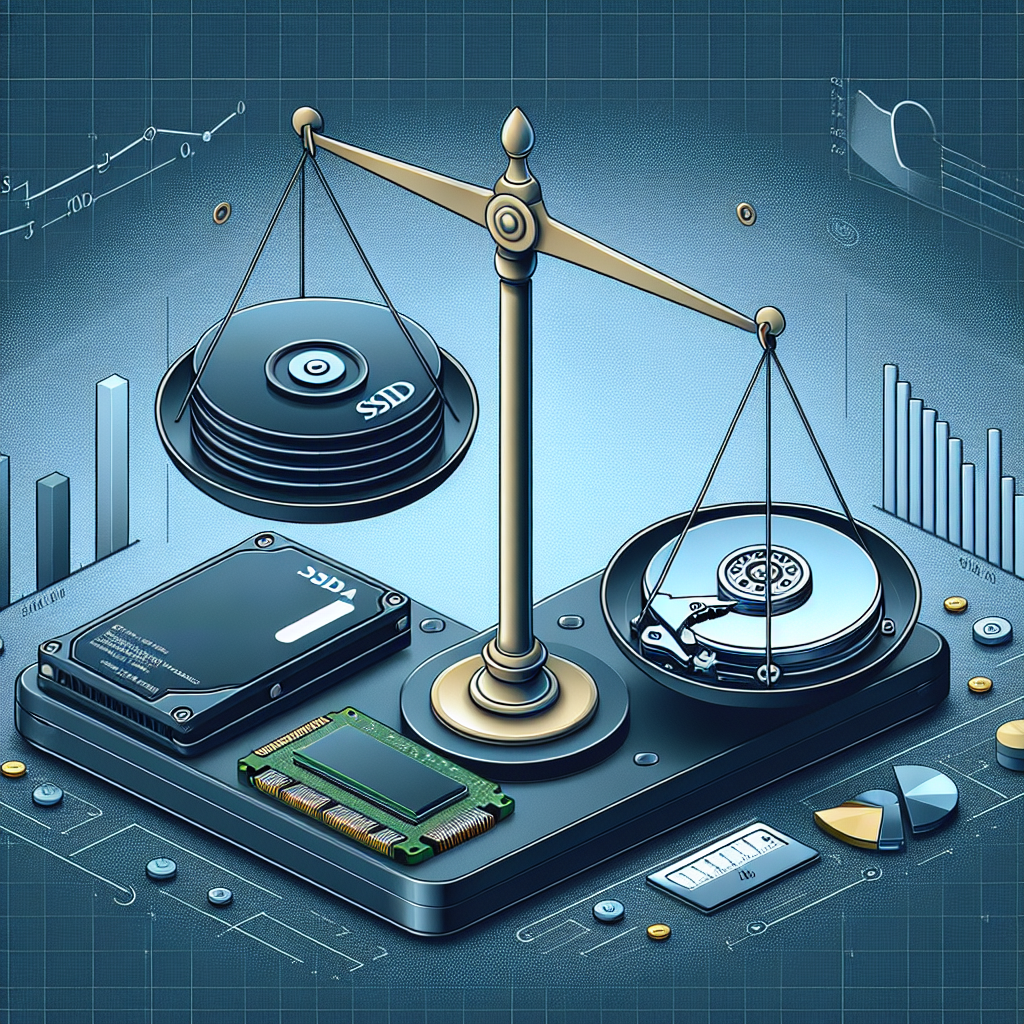Your cart is currently empty!
SSD vs. HDD: A Comparison of Performance, Cost, and Reliability

When it comes to choosing a storage solution for your computer, the two most common options are Solid State Drives (SSDs) and Hard Disk Drives (HDDs). Both have their own advantages and disadvantages, so it’s important to understand the differences between them before making a decision.
Performance:
One of the main advantages of SSDs over HDDs is their superior performance. SSDs use flash memory to store data, which allows them to access and transfer data much faster than HDDs, which use spinning disks. This means that computers with SSDs will boot up faster, load programs quicker, and transfer files more efficiently.
On the other hand, HDDs are slower than SSDs due to their mechanical nature. They have moving parts that can cause delays in accessing and transferring data. However, HDDs are still a good option for storing large amounts of data that doesn’t need to be accessed frequently.
Cost:
When it comes to cost, HDDs are generally more affordable than SSDs. This is because HDDs have been around for much longer and are produced in larger quantities, making them cheaper to manufacture. SSDs, on the other hand, are still relatively new technology and can be more expensive to purchase.
However, the cost of SSDs has been decreasing in recent years, making them more accessible to consumers. While they may still be more expensive than HDDs, the performance benefits of SSDs may outweigh the additional cost for some users.
Reliability:
In terms of reliability, SSDs are generally more durable and reliable than HDDs. Because SSDs have no moving parts, they are less susceptible to physical damage from drops or bumps. They also have a longer lifespan than HDDs, as they don’t suffer from wear and tear like spinning disks do.
HDDs, on the other hand, are more prone to failure due to their mechanical nature. The spinning disks can wear out over time, leading to data loss and the need for replacement. It’s important to regularly back up your data when using an HDD to prevent loss in case of failure.
In conclusion, when choosing between an SSD and an HDD, it’s important to consider the performance, cost, and reliability of each option. SSDs offer superior performance and reliability, but at a higher cost. HDDs are more affordable but slower and less reliable. Ultimately, the best choice will depend on your specific needs and budget.

Leave a Reply